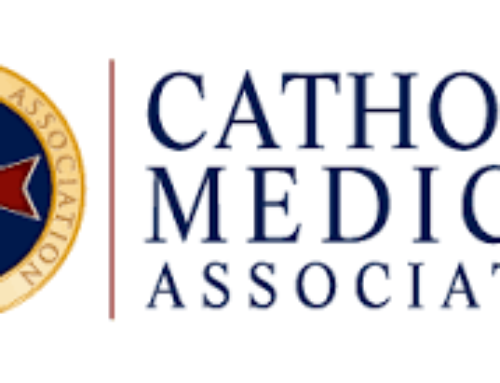Medicaid is government health insurance that helps many low-income people in the United States to pay their medical bills. The Federal government sets up general guidelines for the program, but each state has its own rules. Your state might require you to pay a part of the cost for some medical services.
You have to meet certain requirements to get Medicaid help. These might involve:
- Your age
- Whether you are pregnant, blind, or have a disability
- Your income and resources
- Whether or not you are a U.S. citizen or, if not, what your immigration status is
Centers for Medicare and Medicaid Services
- Medicaid (Centers for Medicare & Medicaid Services)Also in Spanish
- Medicaid.gov (Centers for Medicare & Medicaid Services)
Learn More
- Centers for Medicare & Medicaid Services
- Dental Care for Medicaid and CHIP Enrollees (Centers for Medicare & Medicaid Services)
- Medicaid & You: Frequently Asked Questions (Centers for Medicare & Medicaid Services)
- Medicaid Benefits (Centers for Medicare & Medicaid Services)
- Medicaid Eligibility (Centers for Medicare & Medicaid Services)
- Medicaid.gov (Centers for Medicare & Medicaid Services)
Journal ArticlesReferences and abstracts from MEDLINE/PubMed (National Library of Medicine)
- Article: The impact of the baby friendly hospital initiative on healthcare utilization…
- Article: Geographic Variation in Health Insurance Coverage:United States, 2022.
- Article: Variation in Procedural Denials of Medicaid Eligibility Across States Before the…
- Medicaid — see more articles
Disclaimers
MedlinePlus links to health information from the National Institutes of Health and other federal government agencies. MedlinePlus also links to health information from non-government Web sites. See our disclaimer about external links and our quality guidelines.
The information on this site should not be used as a substitute for professional medical care or advice. Contact a health care provider if you have questions about your health.
……………………………………………………………….
Medicare is the U.S. government’s health insurance program for people age 65 or older. Some people under age 65 can qualify for Medicare, too. They include those with disabilities, permanent kidney failure, or amyotrophic lateral sclerosis.
Medicare helps with the cost of health care. It does not cover all medical expenses or the cost of most long-term care. The program has four parts:
- Part A is hospital insurance
- Part B helps pay for medical services that Part A doesn’t cover
- Part C is called Medicare Advantage. If you have Parts A and B, you can choose this option to receive all of your health care through a provider organization, like an HMO.
- Part D is prescription drug coverage. It helps pay for some medicines.
-
Medicare: MedlinePlus








